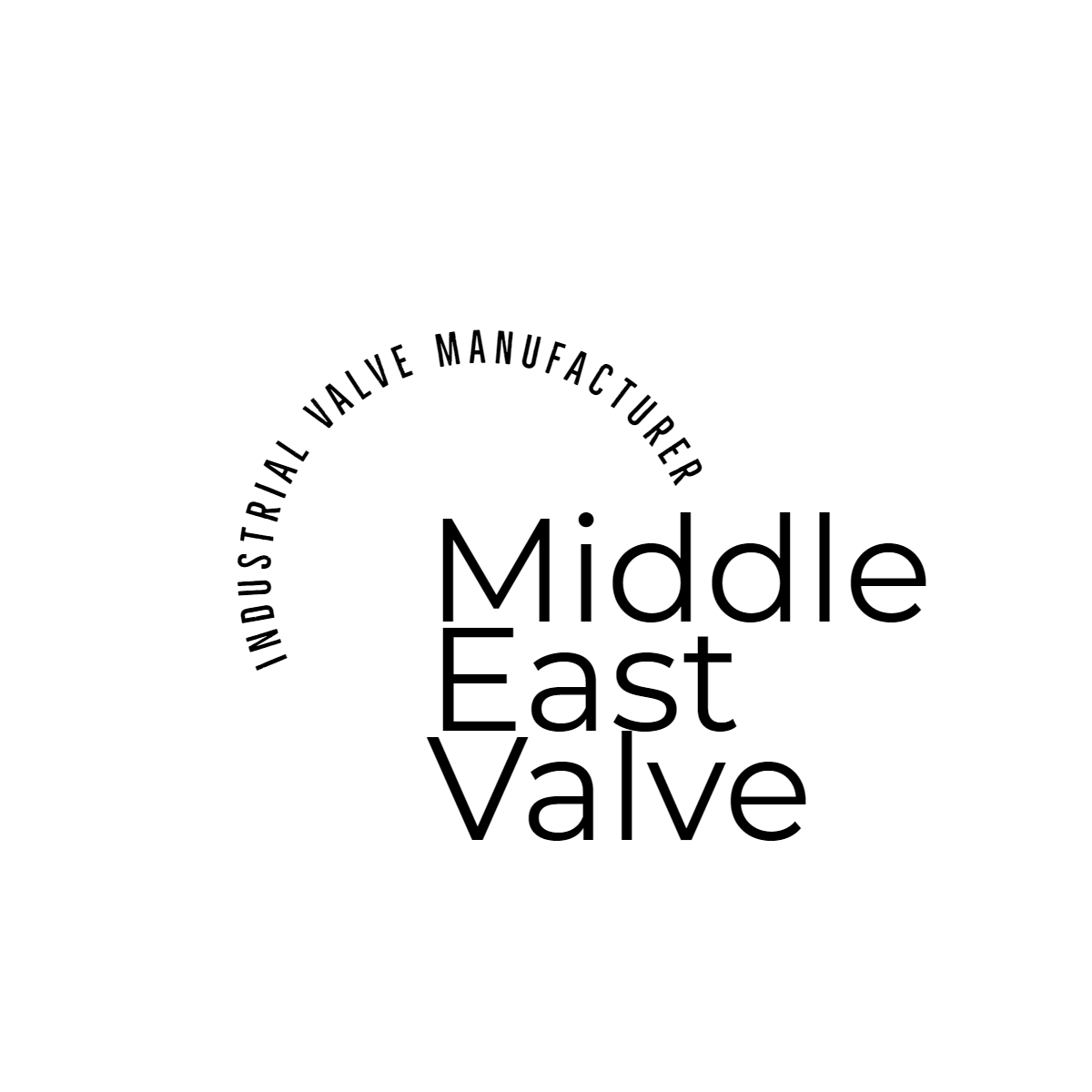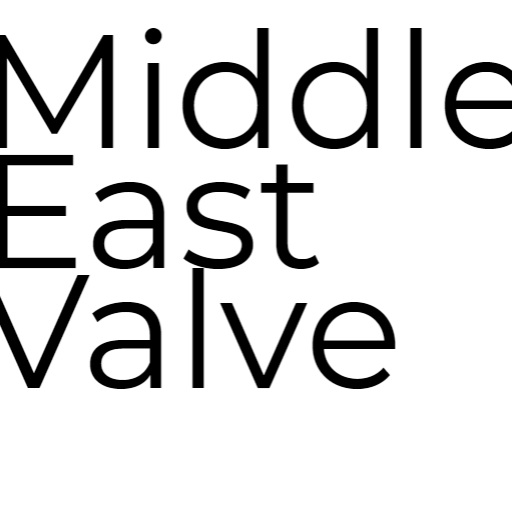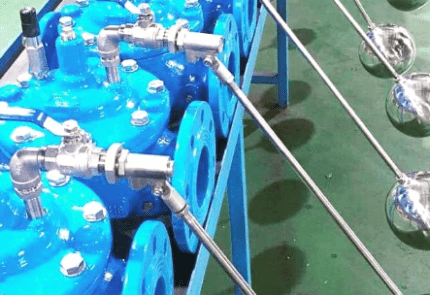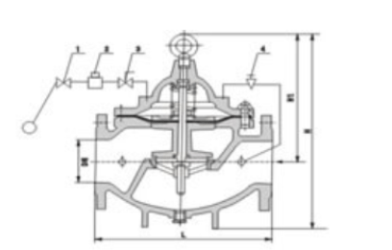- Control Valve
- Pneumatic Control Valve
- Pneumatic Angle Control Valve
- 3 Way pneumatic Diaphragm Control Valve
- 3 Way Converging and Diverging Control Valve
- Fluorine Lined Single Seat Control Valve
- Pneumatic Cage Control Valve
- Pneumatic Double Seat Control Valve
- Pneumatic Single Seat Globe Control Valve
- Pneumatic Flow Control Valve
- Pneumatic Sleeve Type Control Valve
- Pneumatic Actuated Globe Type Control Valve
- Electric Actuated Control Valve
- Pneumatic Control Valve
- Cryogenic Valve
- Pressure Reducing Valve
- Safety Valve
- Check Valve
- Gate Valve
- Butterfly Valve
- Globe Valve
- Ball Valve
- Electric Actuated Valve
- Electric Actuated Ball Valve
- Electric Actuated Butterfly Valve
- Electric Actuated Gate Valve
- Electric Actuated Globe Valve
- Pneumatic Actuated Valve
- Plunger Valve
- Strainers
- Steam Trap
- Knife Gate Valve
- Speciality Valve
- Alloy 20 Valve
- Duplex Valve
- Super Duplex Valve
- Hastelloy C276/B3 Valve
- Aluminium Bronze Valve
- Titanium Valve
- Bronze Valve
- Monel Valve
- Triple Duty Valve
- Suction Diffuser
- Diaphragm Valve
- Plug Valve
- Foot Valve
- Air Release Valve
- Surge Anticipator Valve
- Needle Valve
- Balancing Valve
Float Control Valve Supplier in Kuwait- Level Control Solutions
Middleeast is a fast-growing and well known Float control valve supplier in Kuwait. A control valve is a device that regulates the flow of a fluid (such as a liquid, gas, or steam) by opening, closing, or partially obstructing a passageway.
Working Mechanism:
The float in the valve moves up or down based on the level of the liquid. With the increase in level, the float closes off the valve with the flow ending. When liquid level is low, the float descend, and the valve open up, allowing liquid to flow in. This process is automatic with no human intervention to maintain fluid level.
Key Components of a Float Control Valve:
1)Float: The floating component which goes up and comes down with the level of liquid.
2)Valve Body: Holds the internal mechanism and is joined to the pipeline.
3)Actuator: Controls the opening and closing of the valve according to the movement of the float.
4)Seat and Seal: Create a tight seal to prevent leakage when the valve is closed.
Advantages:
1)Automatic Control: Maintains liquid levels stable without manual adjustment.
2)Cost-Effective: Saves cost on continuous monitoring and intervention.
3)Prevents Damage: Insulates from overflow and dry running conditions.
4)Flexible: Capable of wide range of applications in water treatment, oil & gas, chemical plants.
Industries:
1)Water Treatment Plants
2)Chemical Processing Plants
3)Power Generation Plants
4)Oil and Gas Industry
Choosing Middleeast Valve as your Float Control Valve Supplier in Kuwait ensures you have access to the most dependable and highest-performing valves specifically tailored to the unique needs of your business. Our products provide automation, cost savings, and peace of mind, thus making them a requirement of your fluid management system.



